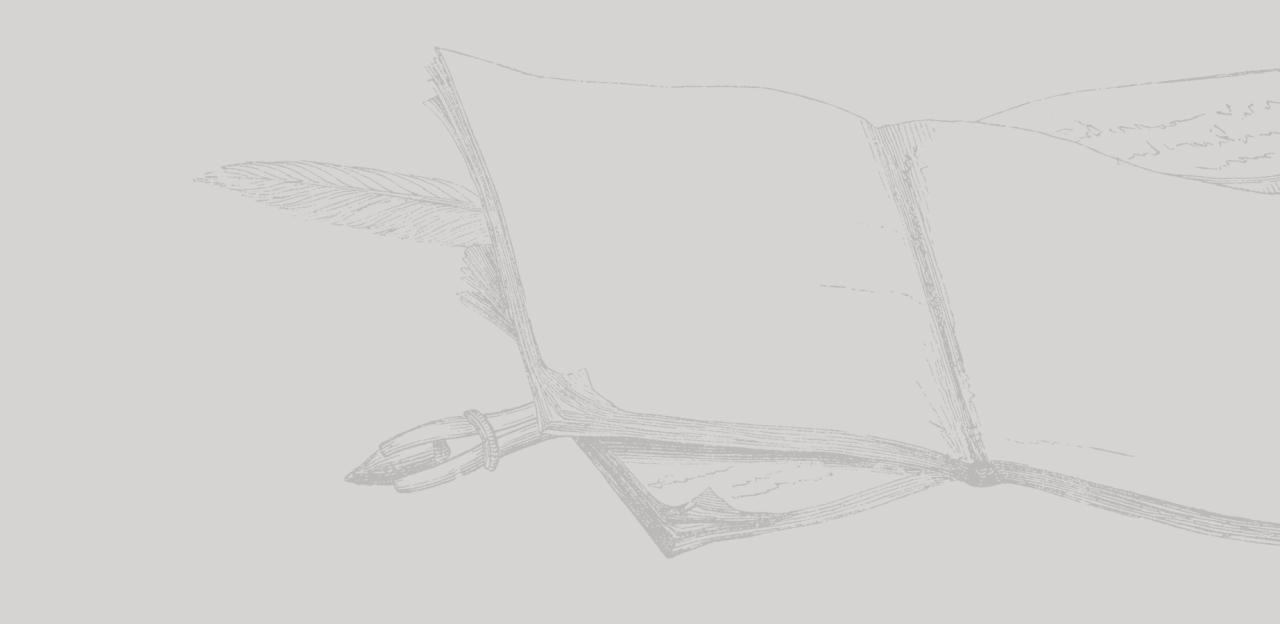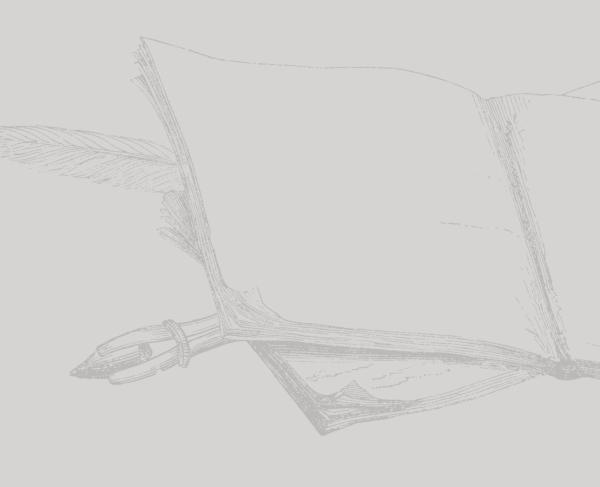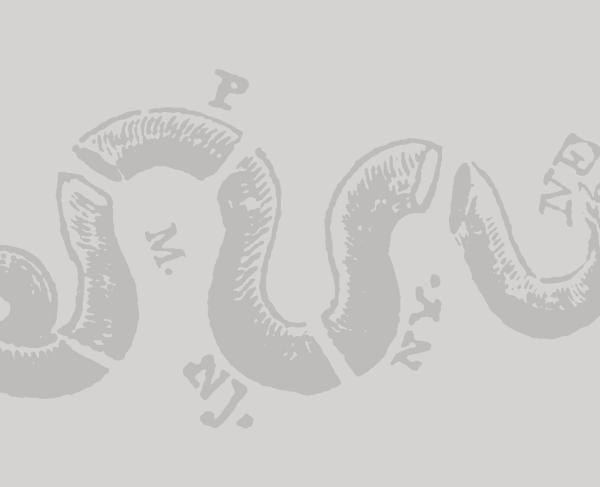Lexington: "He Did Not See Who Fired First"

Reverend Ezra Stiles wrote in his diary in August 1775 after he had just received some new sources about the Battle of Lexington. He began with notes about British General Thomas Gage's report on the Battle of Lexington and then wrote about the testimony of British Major Pitcairn. Stiles tried to reconcile the various accounts and showed his viewpoint and skepticisms.
Spelling original with transcribed clarifications in brackets for easier reading. Grammar, punctuation and emphasis also original. Paragraph breaks added for easier reading.
It seems as if the Lexington pple [people] began to retreat or disperse before any firing, which was not the fact. There is a certain Sliding over the Indeterminateness in describg [describing] the beging [beginning] of the firing.
Major Pitcairn who was a good Man in a bad Cause, insisted upon it to the day of his Death, that the Colonists fired first & that he commanded not to fire & endeavored to stay & stop the firing after it began: But then he told this with such Circumstances as convince me that he was deceived tho' on the spot. He does not say that he saw the Colonists fire first. Had he said it, I would have believed him, being a Man of Integrity & Honor. He expressly says he did not see who fired first; and yet believed the Peasants began.
His acco [account] is this—that riding up to them he ordered them to disperse; which they not doing instantly, he turned about to order his Troops so to draw out as to surround and disarm them. As he turned he saw a Gun in a Peasants hand from behind a Wall, flash in the pan without going off; and instantly or very soon 2 or 3 Guns went off by which he found his Horse wounded & also a man near him wounded. These Guns he did not see, but believd [believed] they could not come from his own pple [people], doubted not & so asserted that they came from our pple [people]; & that thus they began the Attack. The Impetuosity of the Kings Troops were such that a promiscuous, uncommanded but general Fire took place, which Pitcairn could not prevent; tho' he struck his staff or Sword downwards with all Earnestness as the signal to forbear or cease firing.
This Acco [account] Major Pitcairn himself gave Mr Brown of Providence who was seized with Flour & carried to Bo [Boston] a few days after the Battle; and Gov. Sessions told it to me. I asked if Pitcairn saw the Flash over the stone wall before or after the firing began? it was replied, before.
By other Eye Witnesses it was declared that upon the Order to disperse, "the Troops huzzad [huzzahed] & immedy [immediately] one or 2 Officers discharged their Pistols, which were instanty [instantly] followed by the firing of 4 or 5 of the soldiers, & then there seemed to be a general Discharge from the whole Body." This I suppose the true Account: and that the Guns which he heard behind his Back as he turned to give Orders, were those of 2 Officers & 4 or 5 Soldiers who fired without proper Orders if Major Pitcairn did not give the Word fire, tho' the Word was given by somebody in the designed & contrived Confusion. It was doubtless perceived that Pitcairn did not design any Fireing [firing] as thinkg [thinking] a Dispersion could be effected without it; but the Soldiery and young Officers want to have at the damned Dogs, & in their Impetuosity burst out into Firing & continued it contrary to the Command of Pitcairn.
I cannot acco [account[ for all Circumstances without supposing that Pitcairn's horse was designedly wounded if wounded at all in this quick & sudden Confusion by his own Men. There are sworn Testimonies both of our pple [people] & the regular prisoners which were in the Action, that the Kings Troops committed the first Fire. And yet Major Pitcairn's Testimony is a very great Justifica [justification] of Gen. Gage, tho' an Enemy, in representg [representing] the reverse. The under Officers & soldiers knew the Firing must be so conducted that the Commandg [commanding] Officer (Major Pitcairn) should be clear by not knowing the Truth.
Source:
Stiles, E., Dexter, F. Bowditch. (1901). The literary diary of Ezra Stiles: edited under the authority of the corporation of Yale university. New York: C. Scribner's sons. Pages 604-606.
Related Battles
93
300

